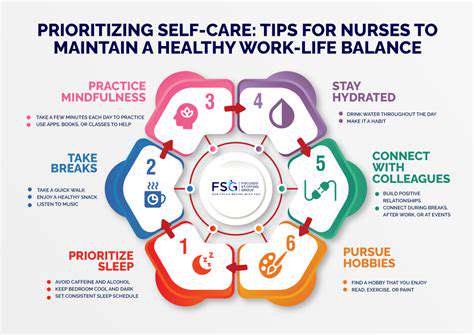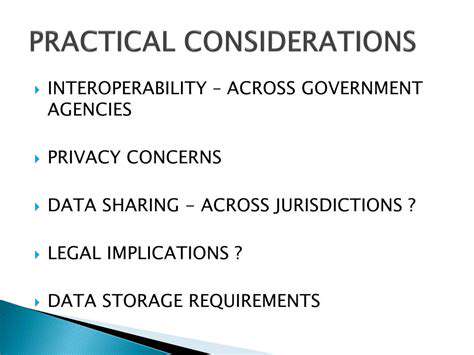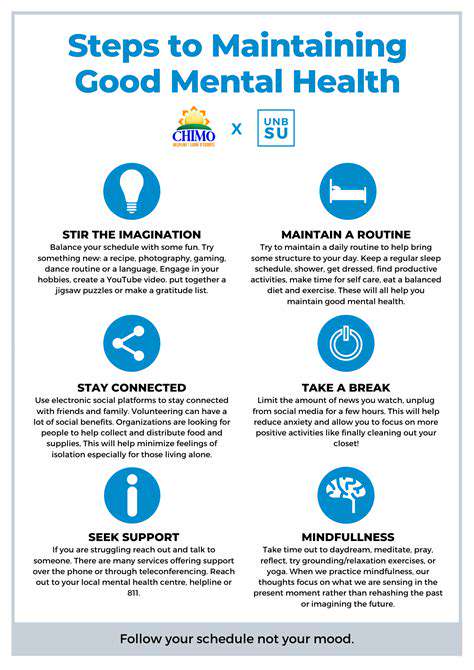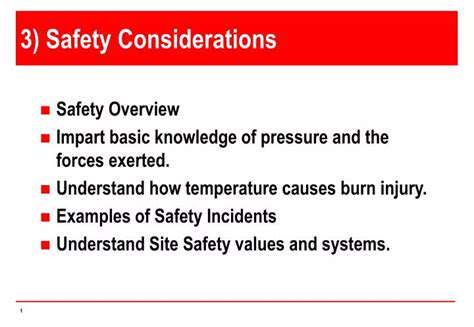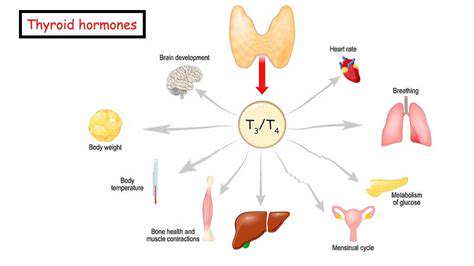Best Habits for Boosting Your Immune System
Integrating relaxation techniques into your daily routine can significantly mitigate the negative effects of stress on your immune system. Deep breathing exercises, for instance, can calm your nervous system, reducing the production of stress hormones like cortisol. Yoga and meditation also offer powerful tools for stress reduction. These practices can help you regain a sense of calm and control, thereby promoting a healthier immune response.
Stress Management Techniques: Physical Activity
Engaging in regular physical activity is a cornerstone of stress management. Exercise helps to release endorphins, natural mood boosters that combat stress and promote feelings of well-being. This positive impact on your mental state directly translates into a more robust immune system. Whether it's a brisk walk, a gym session, or a dance class, finding an activity you enjoy is key to making it a sustainable part of your routine. Even a short 20-minute workout can make a difference.
Prioritizing Sleep and Nutrition
Adequate sleep and a balanced diet are essential for a healthy immune system. When you're sleep-deprived, your body's ability to fight off infections is compromised. Aim for 7-9 hours of quality sleep each night to allow your body to repair and regenerate. A nutritious diet rich in fruits, vegetables, and lean protein provides the necessary vitamins and minerals for optimal immune function. Avoiding excessive sugar and processed foods can also contribute to a healthier immune response.
Seeking Support and Building Resilience
Don't hesitate to reach out to friends, family, or a therapist if you're struggling to manage stress. Building a strong support network can provide crucial emotional and practical assistance. Developing coping mechanisms and resilience strategies will help you navigate stressful situations more effectively in the future. This may involve learning to set boundaries, practicing assertive communication, or cultivating a sense of gratitude. Talking to someone you trust can be incredibly beneficial.
Time Management and Organization
Effective time management is crucial for reducing stress and boosting immune function. Prioritizing tasks, setting realistic deadlines, and breaking down large projects into smaller, more manageable steps can significantly lessen feelings of being overwhelmed. Organizing your environment and tasks can also contribute to a calmer state of mind. This organized approach to daily life reduces stress and helps your immune system function at its best.
Defining your ideal customer profile (ICP) is crucial for creating a successful sales funnel. It's not just about identifying who your customers are, but also understanding their motivations, pain points, and how they make purchasing decisions. This deep dive into their characteristics allows you to tailor your marketing messages, product development, and sales strategies to resonate more effectively with them. Understanding their needs, desires, and objections empowers you to create a sales funnel that speaks directly to their specific requirements, ultimately leading to higher conversion rates. A well-defined ICP is the cornerstone of a targeted and effective sales funnel.
Hydration: The Unsung Hero of Immune Support
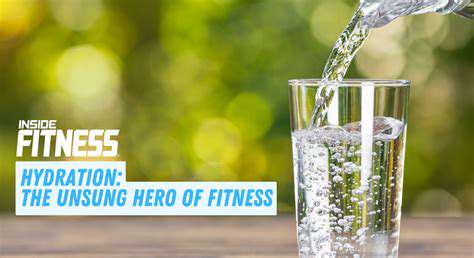
Hydration and Immune Function
Proper hydration is crucial for a healthy immune system. Water is essential for transporting nutrients and oxygen to your cells, including immune cells, allowing them to function optimally. Dehydration can impair the immune response, making you more susceptible to illnesses. Maintaining adequate hydration is therefore a critical first step in supporting your overall health and well-being. It helps in maintaining a balance of bodily fluids, which is essential for all bodily functions.
The immune system relies heavily on fluids to perform its functions efficiently. Water plays a significant role in the production and activity of immune cells, such as lymphocytes, which are crucial for fighting off infections. Adequate hydration is vital for the proper functioning of the lymphatic system, which is part of the body's defense mechanism against pathogens. This process helps flush out toxins and waste products from the body, supporting a strong immune response.
The Role of Electrolytes in Hydration
Electrolytes like sodium, potassium, and magnesium are essential for maintaining proper hydration levels. These electrolytes work in concert with water to regulate fluid balance within the body and support cellular function. Electrolyte imbalances can disrupt hydration, impacting immune function. A balanced intake of electrolytes is important for proper hydration and optimal immune system functioning.
Electrolytes are vital for maintaining proper hydration and supporting various bodily functions. They play a key role in nerve impulse transmission and muscle contraction, which are both crucial for immune responses. Ensuring adequate electrolyte intake is crucial for overall health and well-being, and it contributes significantly to a robust immune system.
Hydration and Cellular Function
Adequate hydration is fundamental for maintaining optimal cellular function. Water is the primary component of cells, and its presence is critical for various metabolic processes within cells. Insufficient hydration can negatively impact cell function, potentially affecting the immune system's ability to fight off infections effectively. Maintaining sufficient hydration is therefore a fundamental aspect of supporting a strong immune system.
Hydration and Nutrient Absorption
Water is essential for the absorption and transport of nutrients throughout the body. It acts as a solvent, dissolving nutrients to facilitate their absorption into the bloodstream. This process is crucial for providing the immune system with the necessary components to function properly. Without adequate hydration, nutrient absorption is hindered, potentially weakening the immune response.
Hydration and Detoxification
Proper hydration is crucial for the body's detoxification processes. Water helps flush out waste products and toxins from the body. This detoxification process is essential for a healthy immune system, as it helps to maintain a clean environment for immune cells to function effectively. Dehydration can impair the body's ability to eliminate toxins, potentially impacting immune function and overall health.
Hydration and Exercise
Physical activity increases fluid loss through sweat. Replacing lost fluids is essential to maintain hydration and support optimal immune function. Dehydration during exercise can negatively impact immune response. Adequate hydration before, during, and after exercise is critical for preventing immune system compromise.


